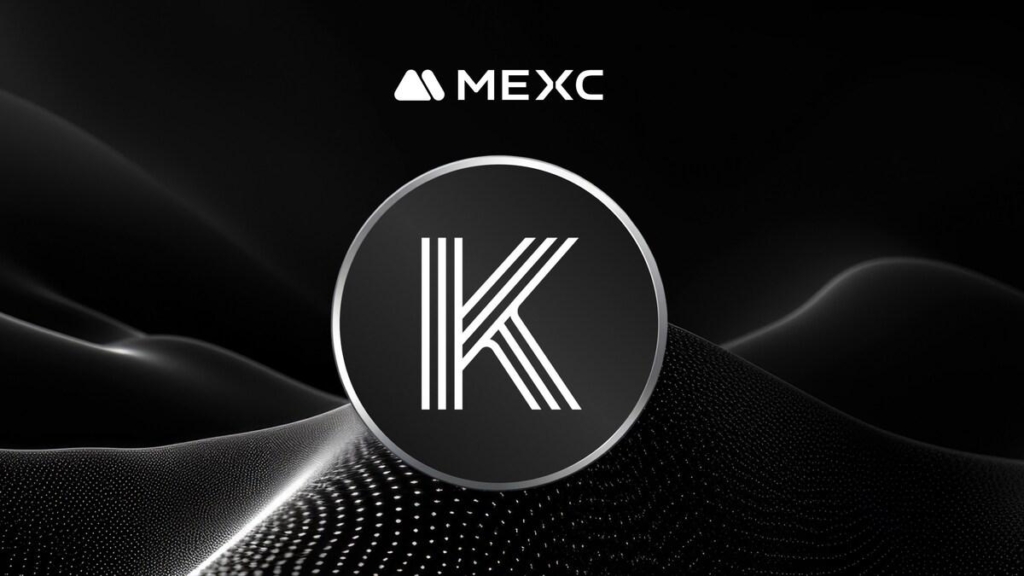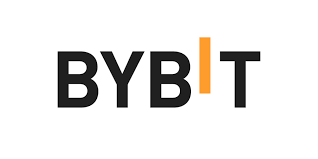Commencing on July 19, South Korea’s financial regulators will undertake a comprehensive examination of over 600 crypto traded on domestic exchanges.
This initiative is in accordance with the newly implemented laws outlined in the Virtual Asset User Protection Act. The objective is to guarantee that all crypto listed adhere to rigorous criteria, thereby replacing the existing practice where exchanges independently evaluate and list cryptocurrencies.
The South Korean government has established a comprehensive plan for supporting virtual asset transactions, which includes strict criteria for the inclusion of crypto on domestic exchanges.
Exchanges will conduct a biannual review of each virtual asset, followed by quarterly reviews. Transaction assistance will be halted for assets that fail to meet the established criteria.
The discussion revolves around nine essential screening criteria, which encompass assessing the cryptocurrency’s appropriateness for listing, the dependability of the issuer, the presence of user protection mechanisms, the level of technology security, and compliance with domestic laws and regulations.
Issuers must possess a clean record devoid of any past hacking events and be obligated to reveal the source codes of their smart contracts.
Exchanges will not offer coins and tokens that are issued directly by them, as well as those that hide transaction history and cryptocurrencies that violate existing laws. Authorities are contemplating the use of supplementary qualitative screening methods, which would involve the inclusion of subjective and descriptive questions in addition to multiple-choice queries.
South Korea is home to 29 domestic cryptocurrency exchanges, one of which is Upbit. Upbit is currently ranked 13th worldwide in terms of trading volume.
The implementation of the new laws is expected to have a substantial effect on South Korea’s crypto market, particularly on altcoins, which now account for more than 60% of the total trading volume. Coins exhibiting low trading volumes and inadequate disclosure methods are more prone to being delisted as a priority.
Three ago, one of the most prominent blockchain companies, Ripple, has initiated the XRPL Japan and Korea Fund with the intention of fostering blockchain innovation in the countries of Japan and South Korea.



